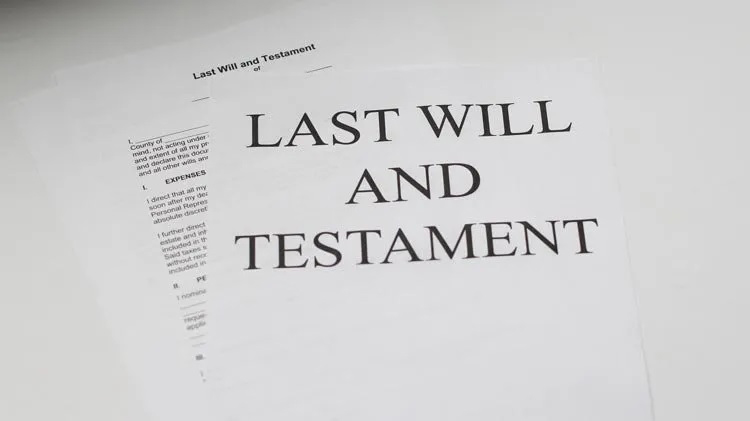
When someone creates their will with an experienced Orange County estate planning attorney, it can be difficult to contest. These professionals not only understand local, state, and federal laws surrounding estate plans, but they also can offer advice on how to make decisions that are less likely to lead to the will being contested.
Of course, even an Orange County estate planning lawyer can’t guarantee that someone won’t file to contest. When it comes to money, property, and the ownership of assets, friends, and family can be extremely unpredictable.
In fact, it’s far more common for someone to raise an issue than you might expect. That doesn’t, however, mean that most objections to a will are successful.
Unfortunately, lawsuits contesting a will can drag things out for a long time. The legal fees alone can drain the estate and delay friends and family from finding peace with their loss. At the same time, it’s possible that an error was made or that the will wasn’t correctly updated, and contesting it is the only way for a fair outcome.
Whether you believe you were inadvertently left out of a loved one’s will or you want to make sure your own will can be executed with minimal risk of issues, contact a probate attorney in Orange County today.
To help you understand the process, here are some of the main reasons people attempt to contest a will.
When an Orange County Estate Planning Attorney talks about “testamentary capacity,” he or she is talking about the mental capacity to actually sign a will. This capacity is often referred to as “of sound mind.”
The signer must be in a state where they understand the legal impact of signing the will. That includes accepting the gravity of the value of their assets and how the estate will be dispersed.
Each state has different laws regarding what is required to meet a legal threshold of testamentary capacity. Some states even allow those with signs of memory loss, dementia, and other cognitive issues to sign a will without a problem.
In California, anyone who is at least 18 years old can make a will so long as they meet the requirements of testamentary capacity. The California threshold for being of sound mind involves the following:
The challenge with contesting a will based on testament capacity is that it can often be hard to prove that a person wasn’t of sound mind and this would need a note from a judge or a doctor.
Every state has specific requirements for what makes a valid will. This could include how a will is created, signed, or stored. Some states require witnesses, while others can be notarized.
In California, the will must be created by someone who is at least 18 years old and be of sound mind. The will must also be signed by the person for whom the will was created.
That doesn’t mean the signer has to write the will themselves. It does, however, mean that, outside of special arrangements, someone cannot sign the will for someone else. California wills must also be in writing.
Oral wills are not acceptable. California does allow a will to be handwritten and signed without the need for a witness or notarization.
Wills are often contested when someone believes that the will didn’t meet state requirements. For the most part, these issues are easy to prove or disprove.
In a situation where someone signs a will under extreme pressure or threat, the will can be contested. Intense pressure does not include nagging, threats, or verbal abuse. The signer must be in such duress that they feel they no longer have free will.
For example, holding a gun to someone’s head or holding a loved one hostage would be great examples of extreme duress.
Proving undue influence is another element that can be difficult to prove. Your will and trust attorney in Orange County can help lead an investigation into the provisions of the will, how the will was paid for, and the circumstances the will was signed.
In a situation where someone is tricked into signing a will, it is not considered valid. For example, someone is under the impression that they are signing something other than a will when actually signing a will.
Even though people should read any document they are given to sign, it’s reasonably common to sign something presented by a trusted party without giving it a once over.
Proving fraud is another instance that can be difficult to prove. Luckily, your probate attorney in Orange County can help determine and investigate the possibility of fraud.
If you’re in the process of working with an Orange County estate planning attorney, you will want to take specific steps to limit the chance that your will can be contested.
Your estate planning lawyer will typically recommend a few things:
Contesting a will is difficult to work. Therefore, it is important to make sure you work with a probate attorney in Orange County to create your case, file paperwork, and represent you in court.
If nothing else, your attorney can lead an investigation to determine if you have a claim and how to plan for court.

